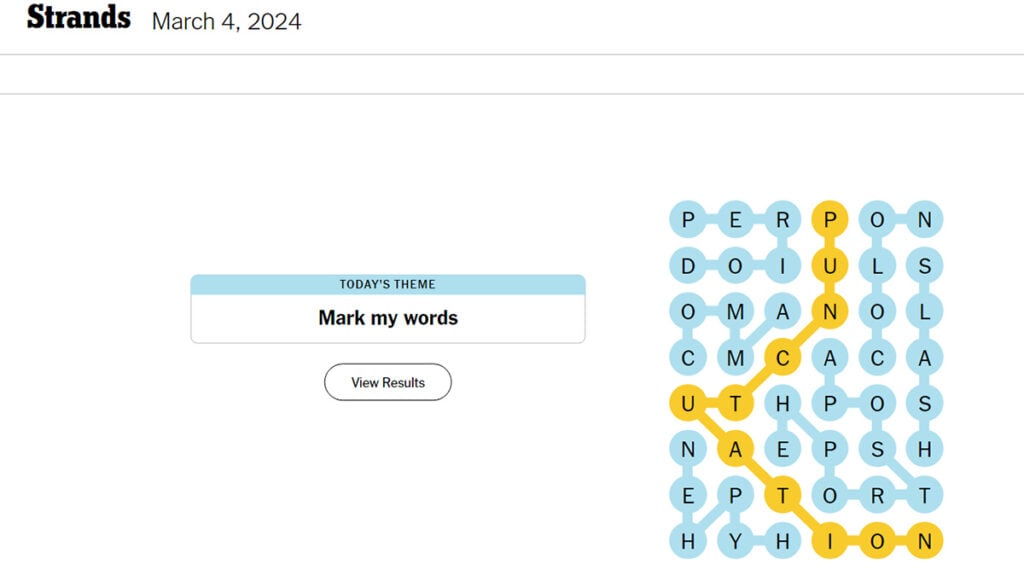West Ham's £25m Financial Hole: Options And Consequences

Table of Contents
Analyzing the Sources of West Ham's £25m Deficit
West Ham's £25m financial hole stems from a confluence of factors, each contributing to the club's current predicament. Understanding these sources is crucial to developing effective solutions.
Transfer Spending and Player Wages
West Ham's recent transfer activity has undoubtedly contributed to their financial difficulties. The club's ambitious spending on new players, while aiming to strengthen the squad, has placed significant strain on their finances.
- Key Signings and Transfer Fees: While specific figures aren't always publicly available, significant investments were made on players such as [insert player names and estimated transfer fees, if available, citing sources]. These substantial expenditures, while potentially beneficial long-term, have exacerbated the immediate financial strain.
- Wage Bill Impact: The increased number of high-earning players has led to a substantial increase in the overall wage bill. This considerable expenditure on player salaries further contributes to West Ham's debt and the overall £25m financial hole. Maintaining a competitive squad requires significant investment, but careful management of the wage structure is vital for long-term financial stability.
Revenue Shortfalls and Missed Targets
Beyond increased expenditure, West Ham has also experienced shortfalls in revenue streams, contributing to their financial deficit.
- Matchday Revenue: Lower-than-expected attendance at matches, potentially due to factors like ticket pricing or team performance, has directly impacted revenue.
- Sponsorship Deals: Securing lucrative sponsorship deals is crucial for any football club. West Ham may have experienced difficulties in this area, resulting in reduced income compared to projected targets.
- European Competition Performance: Failure to qualify for or underperformance in European competitions reduces a significant source of revenue, further widening the gap in their finances. These missed targets have directly contributed to the West Ham financial crisis.
Impact of the COVID-19 Pandemic
The lingering effects of the COVID-19 pandemic continue to impact many football clubs, and West Ham is no exception.
- Matchday Revenue Losses: The pandemic's restrictions on stadium capacity severely affected matchday revenue for an extended period, creating a significant financial shortfall.
- Reduced Sponsorship: The economic downturn associated with the pandemic also impacted the ability of sponsors to commit to the same level of investment.
Potential Solutions to Address West Ham's Financial Challenges
Addressing West Ham's £25m financial hole requires a multifaceted approach, balancing short-term solutions with long-term strategic planning.
Player Sales
Generating revenue through player sales is a common strategy for clubs facing financial difficulties.
- Potential Sales: Players who are not key starters or who have high market value could be sold to raise funds. [Mention potential players and estimated transfer fees, using reputable sources].
- Impact on Team Performance: Selling key players could negatively impact the team's performance on the pitch, creating a challenging trade-off between financial stability and on-field success.
Cost-Cutting Measures
Implementing cost-cutting measures is essential to improve the club's financial position.
- Renegotiating Contracts: Negotiating lower wages with players whose contracts are up for renewal could significantly reduce the wage bill.
- Staff Reductions: Careful consideration of staff levels and potential redundancies may be necessary, although this needs to be handled sensitively.
- Reduced Non-Essential Spending: Cutting back on non-essential expenses, such as travel or marketing, can free up funds to alleviate the immediate pressure.
Seeking Investment or Loans
Attracting new investors or securing loans can provide a much-needed financial injection.
- Investment Opportunities: Seeking investment from private equity firms or wealthy individuals can provide significant capital, but it may involve a loss of control for current owners.
- Securing Loans: Taking out loans can provide short-term relief, but it's crucial to manage the debt effectively to avoid further financial instability. The interest rates and repayment terms need careful consideration.
Consequences of Failing to Address West Ham's £25m Hole
Ignoring West Ham's £25m financial hole could lead to severe consequences, impacting the club's future viability.
Impact on Transfer Activity
Without addressing the financial issues, West Ham will likely face significant limitations in the transfer market.
- Limited Spending Power: The club's ability to attract and retain top talent will be significantly reduced, hindering their competitiveness.
- Difficulty Competing: West Ham will find it harder to compete with wealthier clubs for players, potentially impacting their ability to build a strong squad.
Potential for Financial Instability
Failing to act decisively could lead to serious financial instability, with potentially disastrous consequences.
- Financial Sanctions: Non-compliance with Financial Fair Play regulations could lead to sanctions from governing bodies, impacting the club's ability to compete.
- Relegation Risk: Poor performances due to lack of investment could result in relegation, further impacting revenue streams.
- Club Insolvency: In the worst-case scenario, the club could face insolvency, potentially leading to liquidation.
Damage to Club Reputation
The financial difficulties could damage the club's reputation, making it harder to attract sponsors and new talent.
- Negative Press: Negative media coverage could damage the club's brand image, making it harder to attract new investors and sponsors.
- Difficulty Attracting Talent: Players may be hesitant to join a club facing significant financial challenges, affecting the club's ability to build a competitive squad.
Conclusion: The Future of West Ham and its £25m Financial Hole
West Ham United faces a significant challenge with its reported £25 million financial hole. This deficit stems from a combination of increased transfer spending, revenue shortfalls, and the lingering impact of the COVID-19 pandemic. Addressing this West Ham financial crisis requires a strategic and multifaceted approach, encompassing player sales, cost-cutting measures, and potentially seeking external investment or loans. Failure to act decisively risks severe consequences, including limitations on transfer activity, financial instability, and reputational damage. The club needs to find a balance between maintaining a competitive team and ensuring long-term financial stability. What are your thoughts on how West Ham can overcome West Ham's £25m financial hole and secure its future? Share your opinions in the comments below. For further reading on the financial challenges facing Premier League clubs, [insert links to relevant articles].

Featured Posts
-
 Rocket Launch Abort Blue Origin Cites Vehicle Subsystem Problem
May 10, 2025
Rocket Launch Abort Blue Origin Cites Vehicle Subsystem Problem
May 10, 2025 -
 Nyt Strands Complete Guide To Answers For Game 376 March 14
May 10, 2025
Nyt Strands Complete Guide To Answers For Game 376 March 14
May 10, 2025 -
 The Rise Of Disaster Betting Analyzing The La Wildfire Example
May 10, 2025
The Rise Of Disaster Betting Analyzing The La Wildfire Example
May 10, 2025 -
 Dc Prosecutor Appointment Trump Selects Fox News Personality Jeanine Pirro
May 10, 2025
Dc Prosecutor Appointment Trump Selects Fox News Personality Jeanine Pirro
May 10, 2025 -
 Stephen Kings Comments On Stranger Things And Its Similarities To It
May 10, 2025
Stephen Kings Comments On Stranger Things And Its Similarities To It
May 10, 2025
